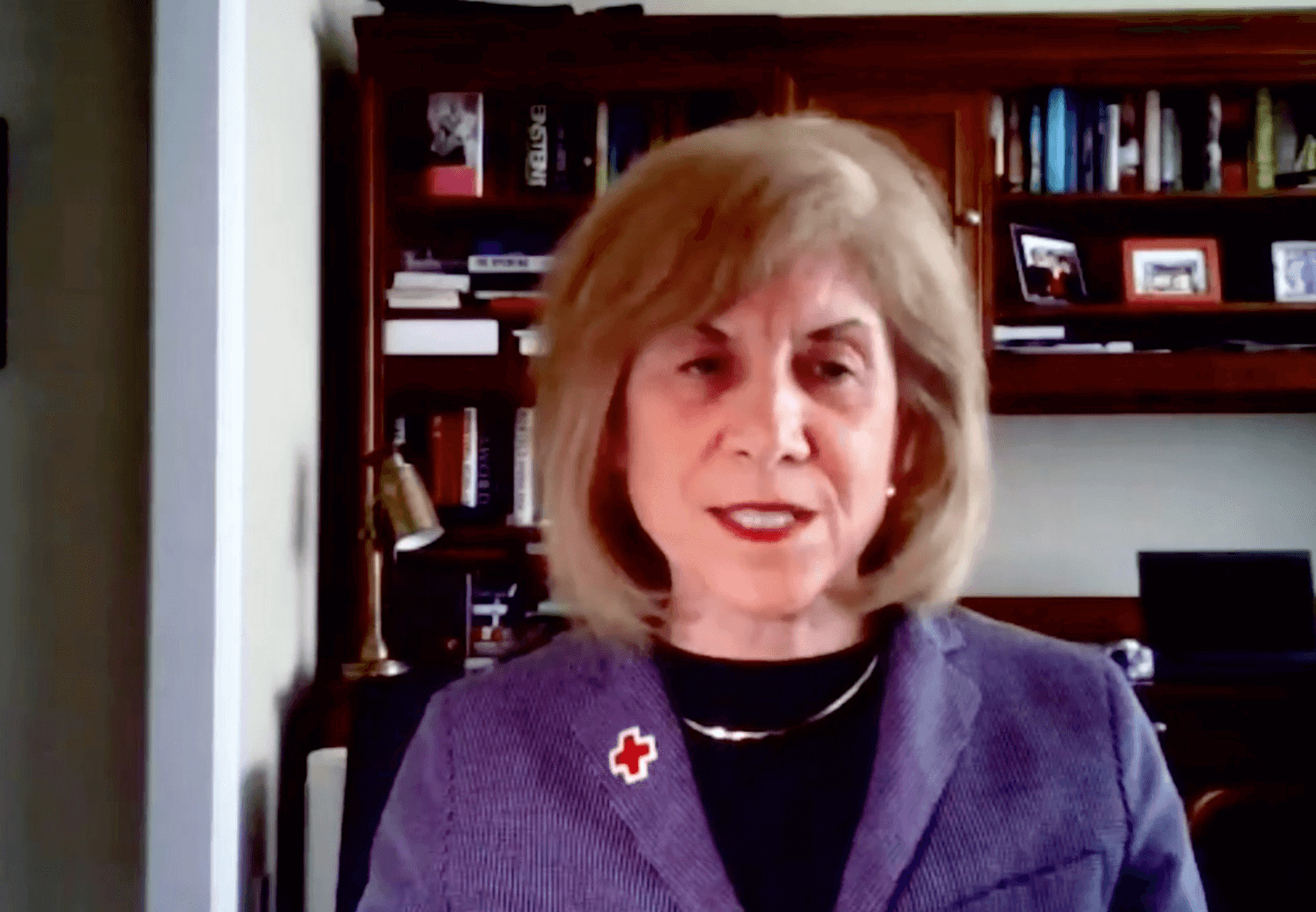Decision Making Leading Change Risk & Resilience
Dealing with Disaster
Gail McGovern
10.21.21
The American Red Cross is designed to take on crises and disasters, but the pandemic challenged them like never before. From a blood shortage, to managing donor safety, Gail led the organization through one of humanity's largest challenges with aplomb and focus.
Summary:
The American Red Cross is designed to take on crises and disasters, but the pandemic challenged them like never before. From a blood shortage, to managing donor safety, Gail led the organization through one of humanity’s largest challenges with aplomb and focus.
Thuy

Gail McGovern
Thuy




